Ethiopia’s Bold Move to Ban Import of Gasoline and Diesel-Fueled Vehicles: A Challenge for the African Nation
In February 2024, the Ethiopian government made a surprising move by banning the import of all non-electric vehicles. This decision made Ethiopia the first country in the world to say no to gasoline and diesel cars, something that even developed nations in Europe or the electric vehicle hub of China have not achieved. The policy also aims to reduce the country’s import costs, which amounted to a substantial $7.6 million last year.
However, Ethiopia seems to be unprepared for such a drastic change. Currently, the country lacks sufficient charging stations, and many areas still face electricity shortages.
While the Ethiopian government’s ban on gasoline car imports aims to encourage electric vehicle adoption, the lack of infrastructure development is causing significant challenges for EV owners.
Mr. Yizengaw Yitayih, a senior climate change expert at Ethiopia’s Ministry of Transport and Logistics, revealed that the African nation currently has only about 50 charging stations.
This number falls short of meeting the demands of an entire country, and not all of these stations are functional. Rest of World found at least four government-owned charging stations, only two of which are operational.
A few companies, such as TotalEnergies, Green Tech Africa, and Haile Motors, have also established charging points across the country. However, the Ethiopian government’s unclear policies make foreign investors hesitant to commit significant resources.
Additionally, electricity shortages pose a significant challenge to Ethiopia’s goal of electrifying its transportation sector. According to EnergyPedia, the country’s annual electricity production is approximately 9,000 GWh/year, mainly from hydropower plants. The latest data shows that only about 27% of the rural population has access to the national electricity grid.
In recent years, electricity shortages have become more severe in Ethiopia. In March, several major cities, including the capital Addis Ababa, experienced frequent power outages.
Electric vehicles in Ethiopia also face a shortage of spare parts and authorized repair facilities in case of breakdowns.
“The policy to shift to electric vehicles was implemented too early. We feel uncomfortable selling electric cars to customers due to the current shortage and high cost of spare parts,” said Adis Yohannes, a car dealership manager in Addis Ababa.
Araya Belete, an employee at a transportation company, shared that he had to resort to YouTube videos to learn how to fix his electric car since local repair shops lacked the knowledge, and the user manual was in Chinese.
“Import businesses are sourcing any cheap Chinese electric vehicles they can find and then selling them to Ethiopian customers without providing adequate maintenance guidance,” Araya Belete observed.
Belete also mentioned that his transportation company had to install private charging points due to the shortage of public charging stations in Ethiopia.
Given these challenges, expert Yizengaw Yitayih acknowledged the difficulties associated with the transition to electric vehicles and assured that the Ethiopian government is working to address them.
Currently, there are around 70,000 electric vehicles in operation in Ethiopia. With a series of new policies, the African nation aims to reach the milestone of 500,000 electric vehicles in the next ten years. To achieve this ambitious goal, the Ethiopian government has a long way to go and a lot to accomplish.
Thai Son (Tuoitrethudo)

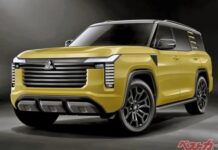
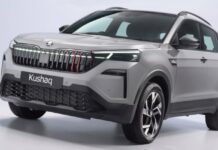
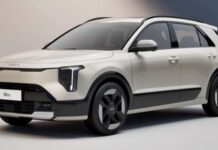
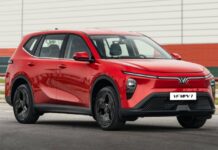




















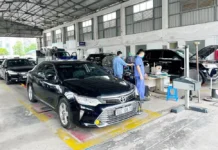
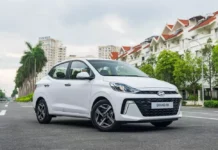
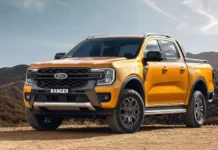
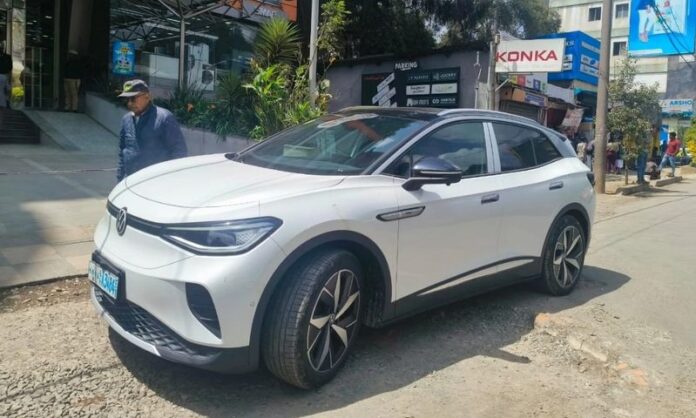
.jpg)
.jpg)
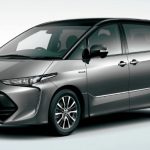
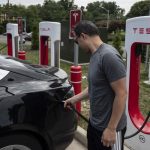
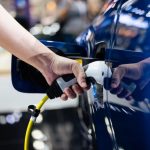
![[Quick Review] Hyundai IONIQ 5 – A Vehicle from the Future](https://vnauto.net/wp-content/uploads/2023/10/xehay-hyundaiioniq5-18052022-2-150x150.jpg)












